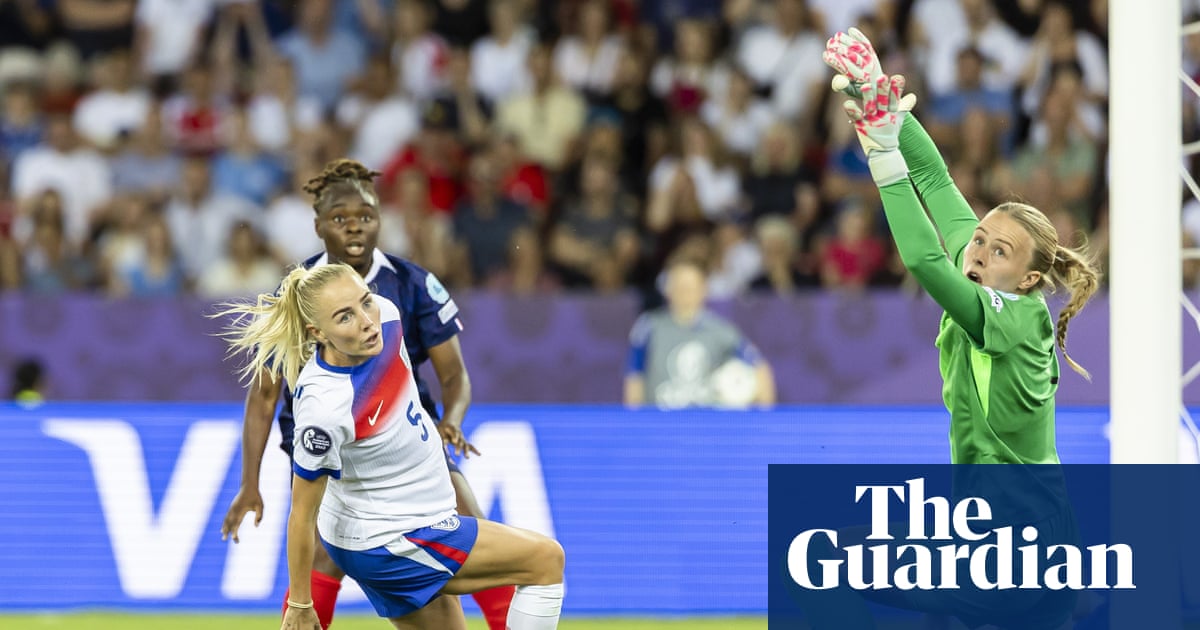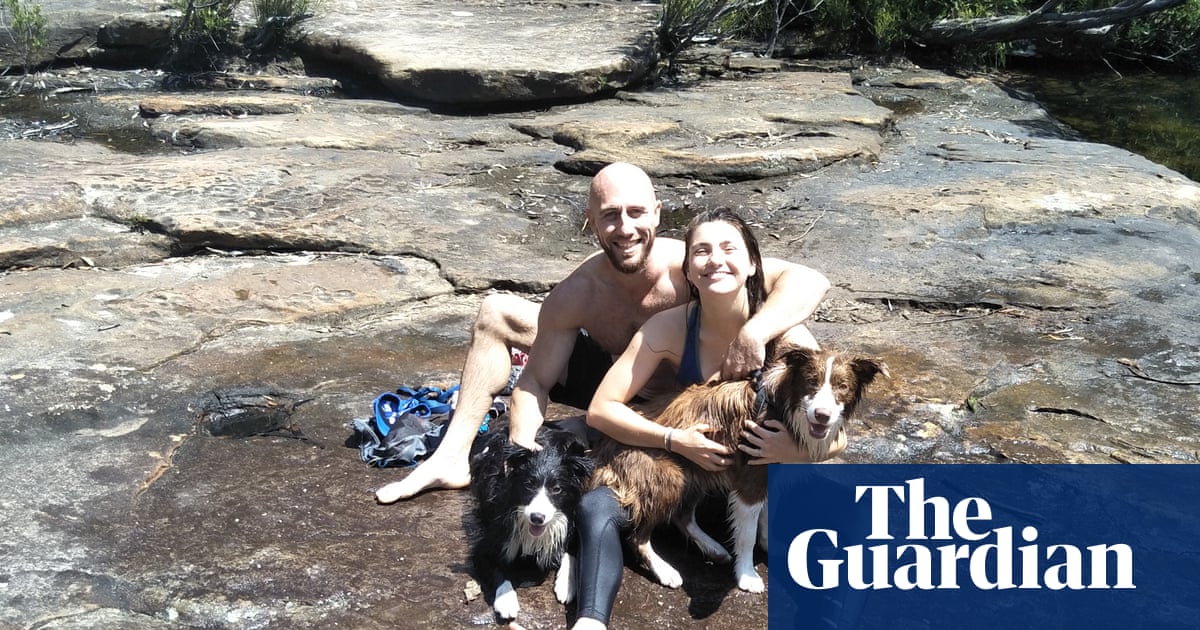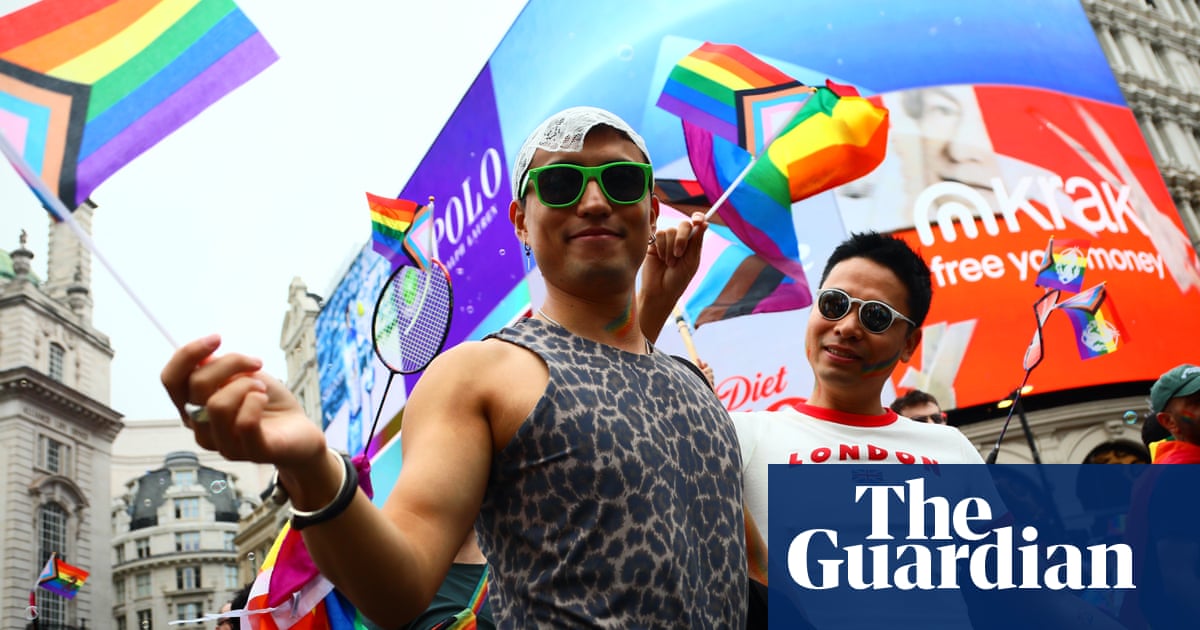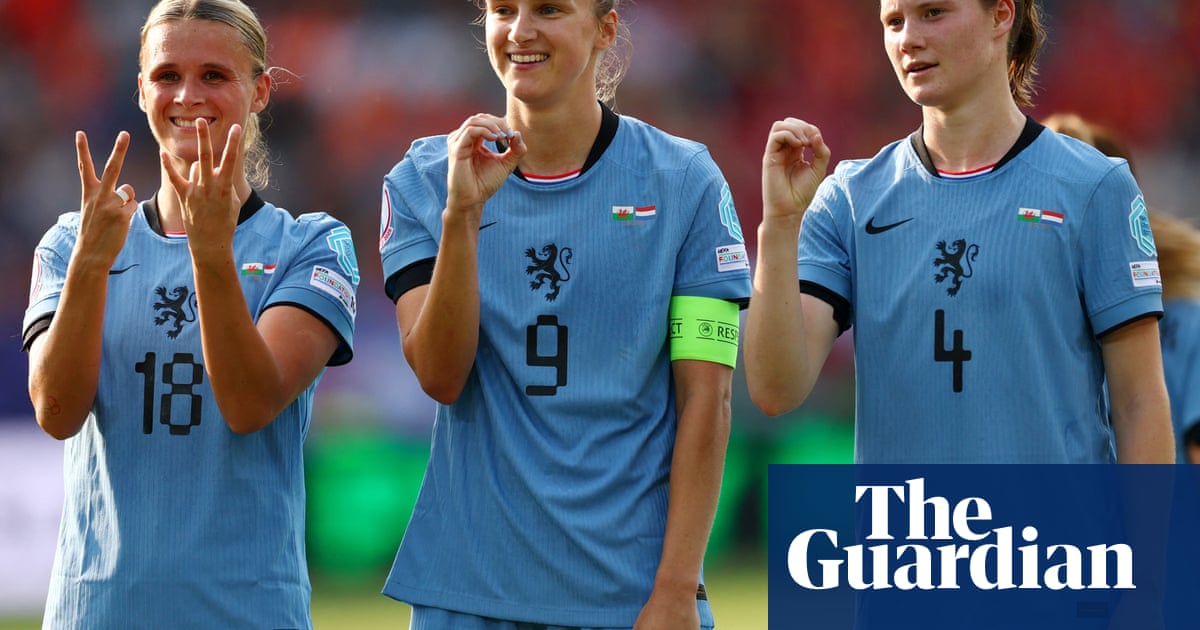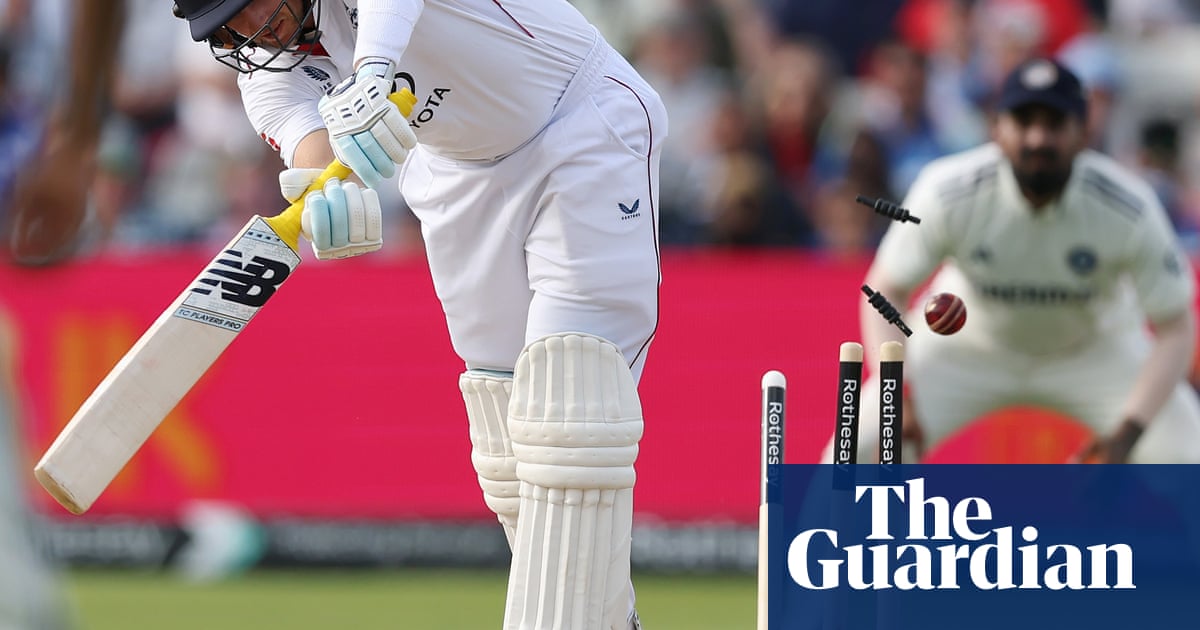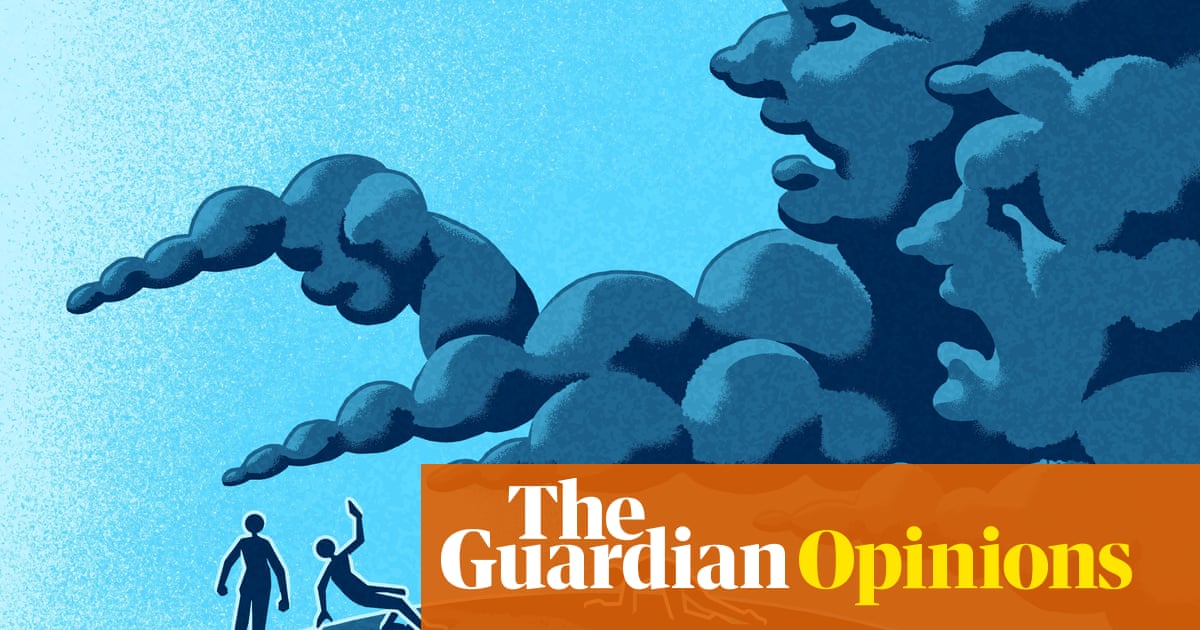My earliest reading memory
Andrew Lang’s Fairy books – the blue, yellow and violet ones. And the unadulteratedly grim Brothers Grimm, evocative phrases like “avenue of trees”, the now and then alluring English archaisms, the always expected three sisters or sons, the youngest first despised and then victorious.
The book that changed me as a teenager
A late teenager, at 17, and it was two books nearly simultaneously, both histories. One was Edward Gibbon’s Decline and Fall of the Roman Empire, in dazzling prose. The other was Heinrich Graetz’s 19th-century History of the Jews, translated from the German, far out of date but distinctly not dated. (It was revelatory to learn much later that Kafka was immersed in this multivolume work.) Together they gave me a sense of the long and intertwined corridors of the past, and a conviction that a mind shorn of history is vacuous.
The author I came back to
My aversion to Dostoevsky was once enduring. His lurching from one extremist position to its opposite, his stubborn bigotries and fanaticisms, the untamed wilderness of his sentences, the freakishness of his protagonists, even, or especially, their feverish moral assertions, were all repellent – in contrast to Tolstoy, his contemporary, whose characters, however askew in temperament, are always instances of recognisable human truth. Joseph Frank’s Dostoevsky: A Writer in His Time turned me around. Through this masterly biography, I came to see that it is only by means of Dostoevsky’s anguished, surreal and delirious art that he can hope to rebuke the devil himself.
The book that made me want to be a writer
I somehow already felt this inkling from early childhood, even before I could read. That one of my uncles was a Hebrew poet may have been the siren’s song. But the book that formulated not so much the why of writing, but the actual how, was (as for so many others, generation after generation) Little Women, which I read compulsively, worshipfully, and reread again and again. Jo in her “vortex” could do anything! Words, in addition to the bliss of their conjuring, can enter and alter reality!
The book I came back to
I first read Nabokov’s Lolita in 1958 and, despite its literary ingenuity, was put off by its premise: an adult male obsessed by a 12-year-old girl. But after reading, in 2003, Reading Lolita in Tehran by Azar Nafisi, it came to me that if a group of women living under repression could meet in secret, throw off their headscarves and feel themselves liberated by this novel, they must see what I hadn’t seen.
The book I reread
The Longest Journey. For many successive years I was drawn to reread this early novel by EM Forster, and after a hiatus of perhaps two decades I read it again only two months ago. Forster’s judgment of his characters – veiled, and by implication – is what leads me repeatedly to be carried away.
The book I could never read again
Alice in Wonderland, read over and over again in childhood. What seemed both mysterious and delightful and comical and obscurely perplexing then, today, strikes me as calculatedly cruel. In Lewis Carroll’s fanciful dance of verses and antics and morphings there is a kind of abstract design, distant and cold. “Sentence first, verdict afterwards” is a joke steeped in horror.
The book I discovered later in life
Walden by Henry David Thoreau. I can’t say I discovered it; it was always eminently there. But I didn’t actually open its pages until recently, and in this sense caught up with – and belatedly (and shamefacedly) recouped – a major figure in American literature.
The book I am currently reading
Not a book, and nothing new: a return to the sublimely unequalled short stories that always inspirit and renew the visceral itch to write. Henry James: The Pupil, The Real Thing, The Figure in the Carpet; Agnon: Two Tales: Betrothed and Edo and Enam; Borges: The Aleph; Lampedusa: Lighea; Tolstoy: The Death of Ivan Ilyich; Chaim Grade: My Quarrel With Hersh Rasseyner; Isaac Babel: My First Goose.
after newsletter promotion
My comfort read
Jane Austen chick lit: Persuasion.

 3 months ago
60
3 months ago
60
